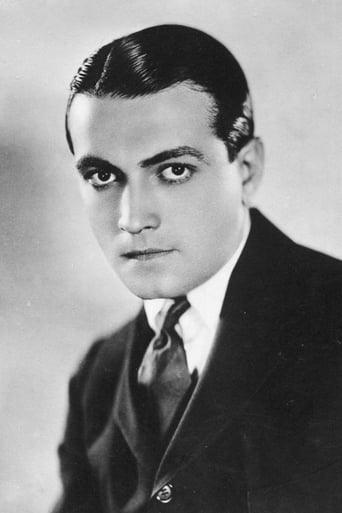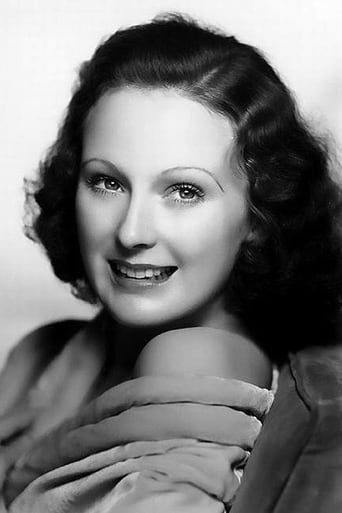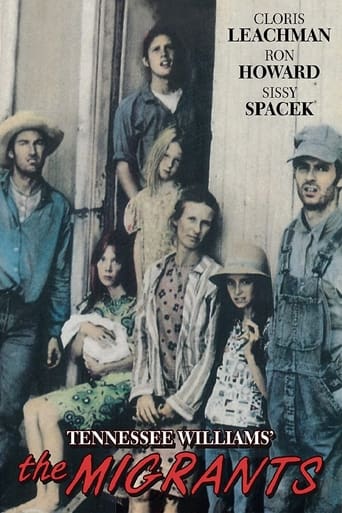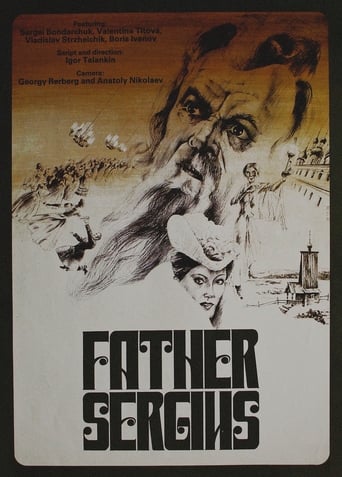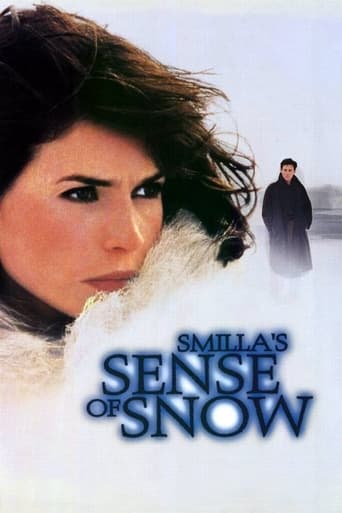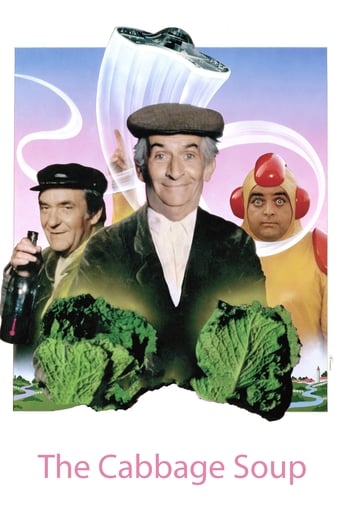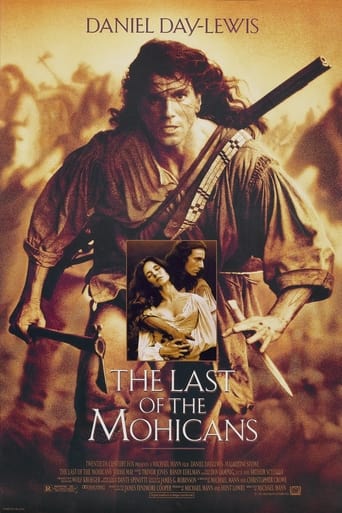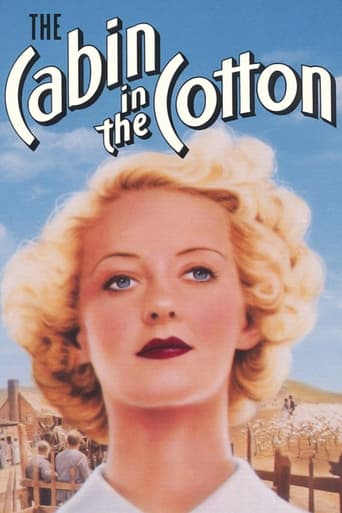
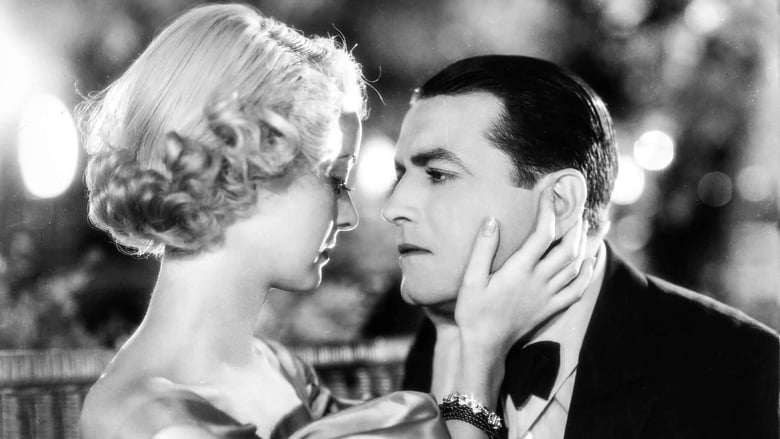
The Cabin in the Cotton (1932)
Sharecropper's son Marvin tries to help his community overcome poverty and ignorance.
Watch Trailer
Cast
Similar titles

Reviews
Good concept, poorly executed.
Absolutely brilliant
I like movies that are aware of what they are selling... without [any] greater aspirations than to make people laugh and that's it.
There are moments that feel comical, some horrific, and some downright inspiring but the tonal shifts hardly matter as the end results come to a film that's perfect for this time.
The first issue I have with this film is Richard Barthelmess. Now I don't usually pay much attention to age in movies, but this was a little ridiculous. Barthelmess' character is just going' ta schule for larnin' ritmetic. Barthelmess was 37 when he made the film. Guess he musta bin a leetel slow.Beyond that, Barthelmess was considered a good actor??? Really? Here he is wooden, has an almost constant odd stare that actually made me feel uncomfortable. If I were to give an award for the Worst Actor, he'd certainly be a nominee.Aside from the Barthelmess problem, this was quite an ambitious film in 1932, and I would imagine not very popular down South! The screenplay was written by a Pulitzer Prize winning playwright. The film shows the evil on both sides in the rural South -- the poor sharecroppers, often cotton pickers, some of whom steal with abandon; and the wealthy plantation owners who are ruthless in keeping the poor "in their place". While the film says it doesn't take sides, it clearly does. Chasing one of the thieves through the swamp with dogs, and the resulting lynching, is quite powerful. And the climactic scene in a community meeting is done quite well. It's a good script, too bad the main actor was of questionable talent.Dorothy Jordan (who?) gets second billing here, and does fine as the poor love interest, but Bette Davis -- the rich love interest -- with third billing is more central to the plot and more interesting to watch. This was Davis' eleventh film...all done in just 2 years! She was learning fast! In the supporting cast, Berton Churchill is quite good as the main plantation owner. You'll notice a number of other familiar faces in the supporting cast. But I was particularly pleased to see a wonderful character actor named Henry B. Walthall, as one of the sharecroppers. Every time I run across him in an old film I am impressed with his talent.The ending of the film -- so optimistic -- seems a bit unrealistic considering the tenor of emotions in the town, but the screenwriter did set up the things that would need to happen to make such as ending feasible.If it weren't for Barthelmess' acting, I'd be tempted to give this film an "8", so we'll have to settle for a "7". It's an ambitious and serious film, and they did well...especially for 1932. It won't end up on my DVD shelf, but I'll watch it again sometime when it is on TCM again.
This film is probably most important because it showcases two stars - Bette Davis and Richard Barthelmess - whose careers are traveling in opposite directions. Barthelmess actually headlines here, but he is a silent star whose career is on the decline, and he has a hard time getting parts after 1934. Bette Davis is a star on the rise, in only her first year of her contract with Warner Bros. where she will become a major star.Unlike many silent era stars, Barthelmess' problem was not his voice but his acting style. He was just a little too wooden to turn in a truly dynamic performance, and this film is no exception. The story is pretty interesting - Barthelmess plays Marvin Blake, a sharecropper's son who is educated by the plantation landowner and ends up keeping his books. His loyalty is torn between the planter who is sponsoring him, and whose daughter attracts him, and the sharecropper families with whom he grew up. The planter owns everything and is always charging high fees and interest via the company store and thus cheating the sharecroppers out of what they need. The sharecroppers have cooked up a plan to short the planter some of their cotton and sell it themselves and reap the rewards.It's really hard to take sides in this film because everyone seems so unsympathetic - both sides are stealing from the other without any remorse or much redeeming value for that matter. It is worth a look if you can find it, although it is not yet on DVD.
This was not a "big" movie from Warner Brothers, but a relatively inexpensive film starring its lesser actors. It just so happens that one of these "lesser" actors turned out to be a very young and vivacious Bette Davis. Sure, her accent is a bit broad, but she does a lovely job playing the happy-go-lucky daughter of a rich Southern land owner. Richard Barthlemess plays a poor but decent guy caught between loyalties to the land owner and the sharecroppers he knows and loves. Perhaps the biggest down-side to this film is Barthelmess--his character often seems very weak and wussy--though he does a great job in the end standing up to both sides. On the plus side, the dialog and direction is generally very good, and like most Warner films it's great entertainment tied to an interesting social message. Not the best film by any means, but well-made and worth seeing.
As a social issue picture and an early breakout effort of Bette Davis, this movie shines! Miss Davis devours every scene she's in with her typical gusto! And it's her first performance as a Southern belle and contains the famous line, "Ah'd love t'kiss you, but Ah jes washed mah hayuh." Richard Barthelmess plays Marvin Blake, a poor sharecropper's son, to whom Bette's character Madge is drawn. The only problem is that Richard was thirteen years older than Bette and too old to be playing this part and it shows. This is not helped by the fact that he spends a large part of the picture overly made up. But he does a fine job and when he gets to play a wonderful scene at the end of the movie, giving an eloquent speech on behalf of the poor tenant farmers from whom he came, he relishes the opportunity! The tension of the movie is contained in Marvin's torn loyalties, the division of the haves and the have nots, and his physical attraction to Madge.My Mom, who watched this movie with me, commented that Bette was hyperactive, which goes a long way to explain her constant motion! This is a movie that explores feudalism in Thirties America and is a good commentary on injustice. The photography is lovely and it's directed by Michael Curtiz. (Casablanca) See it if you get the chance and enjoy!
